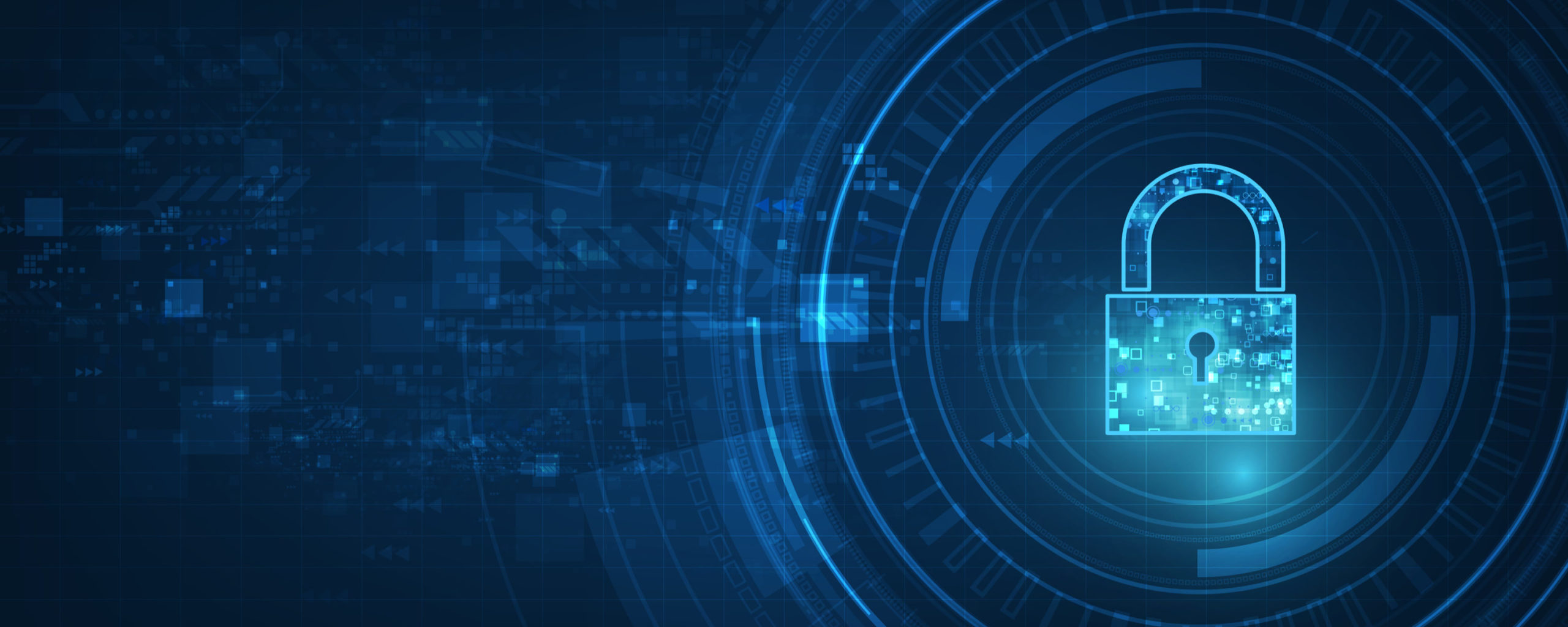Now that we’re firmly in 2021 and online interactions are more common than ever, it’s time to double-check your cybersecurity measures. Often, all it takes to prevent a hack is being careful and practicing a few simple protective actions. However, sometimes a hack is beyond our control. Knowing what to do in these cases can minimize potential damage and allow you to continue like normal.
1. The first steps to take if you get hacked
When you’ve been hacked, you have to take actions specific to the type of hack.
If an account was hacked:
- Change all compromised passwords. Do not use a variation of your previous password.
- Check with financial institutions to ensure your information is safe.
- Take a look at the hacked account to see if any settings or information were changed.
- If the account could contact others, let friends and family know that you were hacked to prevent them from being tricked by the account.
If you downloaded a suspicious file, take these steps:
- Disconnect your computer from the internet or Wi-Fi.
- Scan your device using anti-malware tools.
- Take your device to a reputable repair store to see if they can safely restore it.

2. How to avoid spear phishing
The term “spear-phishing” refers to highly-personalized attacks in which a hacker researches an individual and targets them to gain information, money, or access to an account. These attacks can sneak through traditional spam filters because they do not typically include malicious links or attachments. To avoid spear-phishing, be overly cautious of emails, phone calls, and online messages. Often, a phisher will pretend to be someone you can trust. They will also try to pressure you or make it seem like something bad will happen if you don’t respond quickly. Double-check any listed information to make sure it matches who they say they are. Additionally, never give out information or download a file unless you are sure it’s safe.
3. Use Multi-Factor Authentication
One of the best ways to protect your accounts is to use multi-factor authentication. Essentially, multi-factor authentication is an extra layer of security that requires you to input additional information. Sometimes, this is an extra password or PIN you already have. Alternatively, the account may send a randomized number or password as a text message, email, or phone app notification. If an account needs to be extremely secure, you can use a physical security key or hardware token. Because these require additional information that only you have access to, any account using multi-factor authentication is much safer.

4. Keep your software up-to-date
One of the easiest ways to protect yourself from digital attacks is to simply update your software and apps. Software updates often include additional features and changes, they also repair security holes and bug fixes. Even if the rest of your device is secure, not updating a program could allow a hacker to access your device. If you tend to forget to update your programs, most have options that will manage and update them automatically.
5. Dark Web monitoring
Despite popular belief, the Dark Web is not all that different from the internet that you use every day. While it requires a certain browser to access and has more encryption, it is not inherently dangerous. However, because it is more encrypted, hackers do use it to buy and sell data and other information. Many services online, such as certain antiviruses, will monitor the Dark Web for you and notify you if any of your information has been leaked. If this occurs, you can then take the proper steps to fix any security holes and protect yourself.

By educating yourself and employing these few simple tips, you’ll be able to protect yourself against future cyberattacks and limit their effects. If you want to be particularly secure beyond these tips, use a browser like OneLaunch+, which has built-in features like ad-blocking to protect against dangerous websites and other online attacks.










 Share On Twitter
Share On Twitter